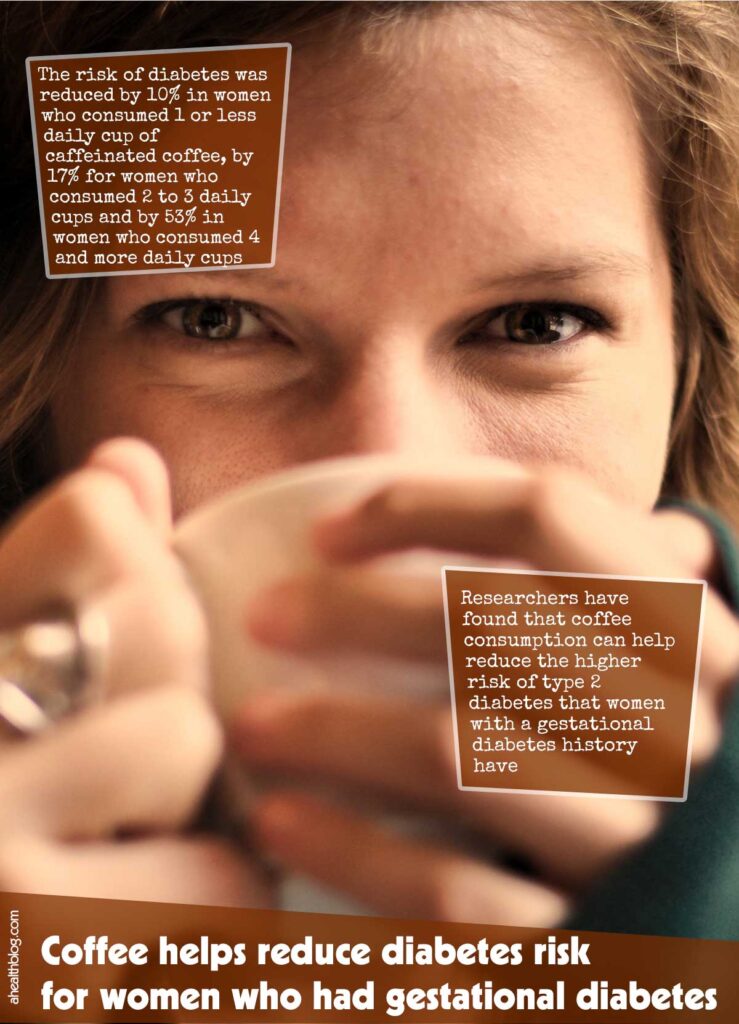Researchers have recently demonstrated that coffee consumption can significantly reduce gestational diabetes-associated gestational risk for women who go on to have gestational diabetes themselves.
Women who experienced gestational diabetes, commonly referred to gestational diabetes, have an increased risk of type 2 diabetes – up to 10 times greater than females generally considered healthy.
Recent studies have suggested that substituting two to five daily cups of either decaffeinated or caffeinated coffee as an alternative way of helping delay or prevent type 2 diabetes may be healthier than sugar-sweetened and artificially sweetened drinks.
Coffee’s bioactive components may play a part, including plant micronutrients known as polyphenols that promote good health and are found in small amounts in plants and certain foods such as vegetables, fruit nuts whole grains and oils.
Although coffee seems to help lower type 2 diabetes risk in general, its effects may differ for women with gestational diabetes histories.
Researchers conducted an investigation to ascertain the effects of long-term consumption of coffee among women who had experienced gestational diabetes and later were at greater risk of type 2 diabetes.
Coffee intake was studied as it related to type 2 diabetes by replacing sugary drinks with coffee beverages as an experiment.
Over 25 years, nearly 4,500 participants with gestational diabetes history who consumed coffee over an extended period were monitored to investigate any associations between coffee consumption and subsequent type 2 diabetes risk.
Caffeinated coffee consumption by women after pregnancy has been found to reduce their risk of type 2 diabetes by 10% when compared with individuals who did not consume caffeinated coffee at all, 17% when women consumed 2 or more daily cups, and 53% for those consuming 4+ daily cups.
Although decaffeinated coffee was not associated with an increased risk of type 2 diabetes in their study, this could be because only a relatively small number of participants consumed decaffeinated coffee beverages.
Substituting coffee for sugar- and artificially sweetened beverages has proven particularly effective, lowering risk by 17% for sugary drinks and 10% for artificial sweetened drinks respectively.
Overall, these results suggest that including two to five daily cups of caffeinated coffee without high-fat/whole-fat dairy and sugar in their lifestyle could contribute towards gestational diabetes prevention.
Even though coffee may be considered a healthier alternative to sweetened beverages, its health benefits depend on what kinds of ingredients are added such as milk and sugar.
Care should also be taken not to consume too much coffee and certain groups should exercise caution regarding their coffee intake. Unfortunately, much remains unknown about how this beverage affects fetuses, pregnancies, and children.




